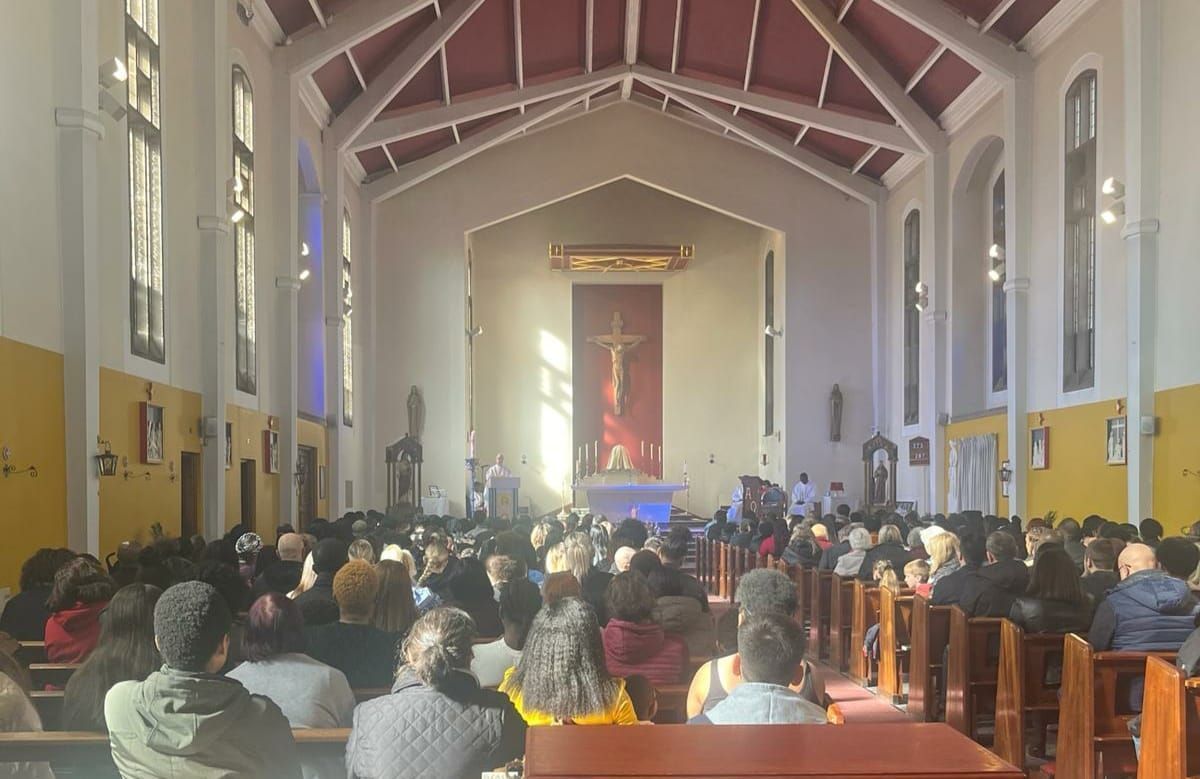“We are spiritual beings”
Pierre Teilhard de Chardin, the French Jesuit priest and philosopher wrote, “We are not human beings having a spiritual experience; we are spiritual beings having a human experience.” You may well have heard me quote this before. I think it is a saying that really helps to illuminate our very nature. In Lent, we human beings do well to recognise our spiritual nature.
In Lent, as we take on the disciplines of fasting, abstinence, prayer, penance and almsgiving (charity) we hopefully become more aware of our very human experience and human cravings. We do these things so that our spiritual selves can grow stronger, so that we can deepen our relationship with God, and get back to recognising that our true home is in heaven and that this life is merely a preparation for it.
The Gospel reading is concerned very much with spiritual experience: Jesus takes Peter, James and John up the mountain for a very important spiritual encounter. In the Bible, there are many important meetings with God that take place at the top of mountains.
People have to make an effort to climb a mountain, and remove themselves from their ordinary day to day human existence. So what was this great Transfiguration that the Apostles experienced?
It was a privileged encounter given to Peter, James and John and it allowed them to really understand who Jesus Christ was and why he came. It enabled them to look back on the past – to Moses who represented the Law and Elijah who represented the prophets and it allowed them to look forward to another mountain top – Calvary – where there would also be three figures on the skyline. But it allowed them to look beyond that too, to the glory of the eternal King with whom they had been promised happiness forever.
If we continue to undertake Lent in a worthy way, it will also be an experience of Transfiguration for us.
God bless, Fr Kevin.
